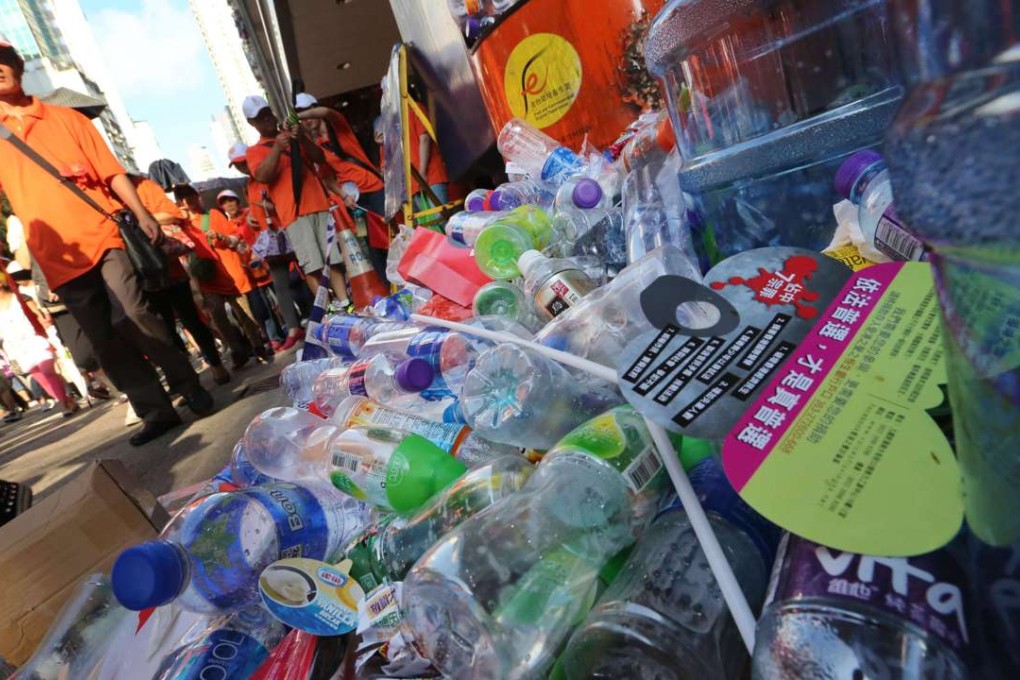Hong Kong needs a strategy quickly for dealing with waste
Although the plastic bag levy has been a success, it is time to move on to another stage of being less wasteful

The throwaway society is about convenience, but it has a devastating impact on the environment. For Hong Kong, with fast-filling landfills and limited space, it has an even graver impact. France and Sweden have recently taken steps to reduce their footprints, the former becoming the first nation in the world to ban plastic cups, plates and cutlery, and the latter cutting taxes to encourage repair of electrical appliances. They are measures our government should also look into implementing.
France has been late to the party when it comes to eliminating plastic bags, taking tentative steps only in July, seven years after Hong Kong. It moves ahead with disposable eating and drinking utensils, though, with a law taking effect in 2020 that bans all but items made of biodegradable plastics. It is a sweeping decision for any government to make, particularly for one navigating high unemployment rates and a nearly stagnant economy. It is a necessary move, though, if green goals and waste disposal targets are to be met.
Sweden’s lawmakers are also targeting wastefulness with measures aimed at ensuring sustainable consumption. They want citizens to think twice about throwing away items, easing the load on landfills and creating employment in the process. In the 2017 budget, value-added tax will be reduced from 25 to 12 per cent for minor repairs to items like bicycles and shoes and there will be tax refunds for people who choose to fix white goods like refrigerators and washing machines. The plans are expected to create jobs for Swedes who are poorly educated.
Recycling remains rudimentary in Hong Kong and it is more common to replace an electrical item than to have it repaired. The plastic bag levy scheme has been a success and it is time to move on to another stage of being less wasteful with plastics. The hundreds of years they take to decompose and the environmental and health risks they pose make quickly coming up with a strategy a necessity. The moves made by France and Sweden offer inspiration.